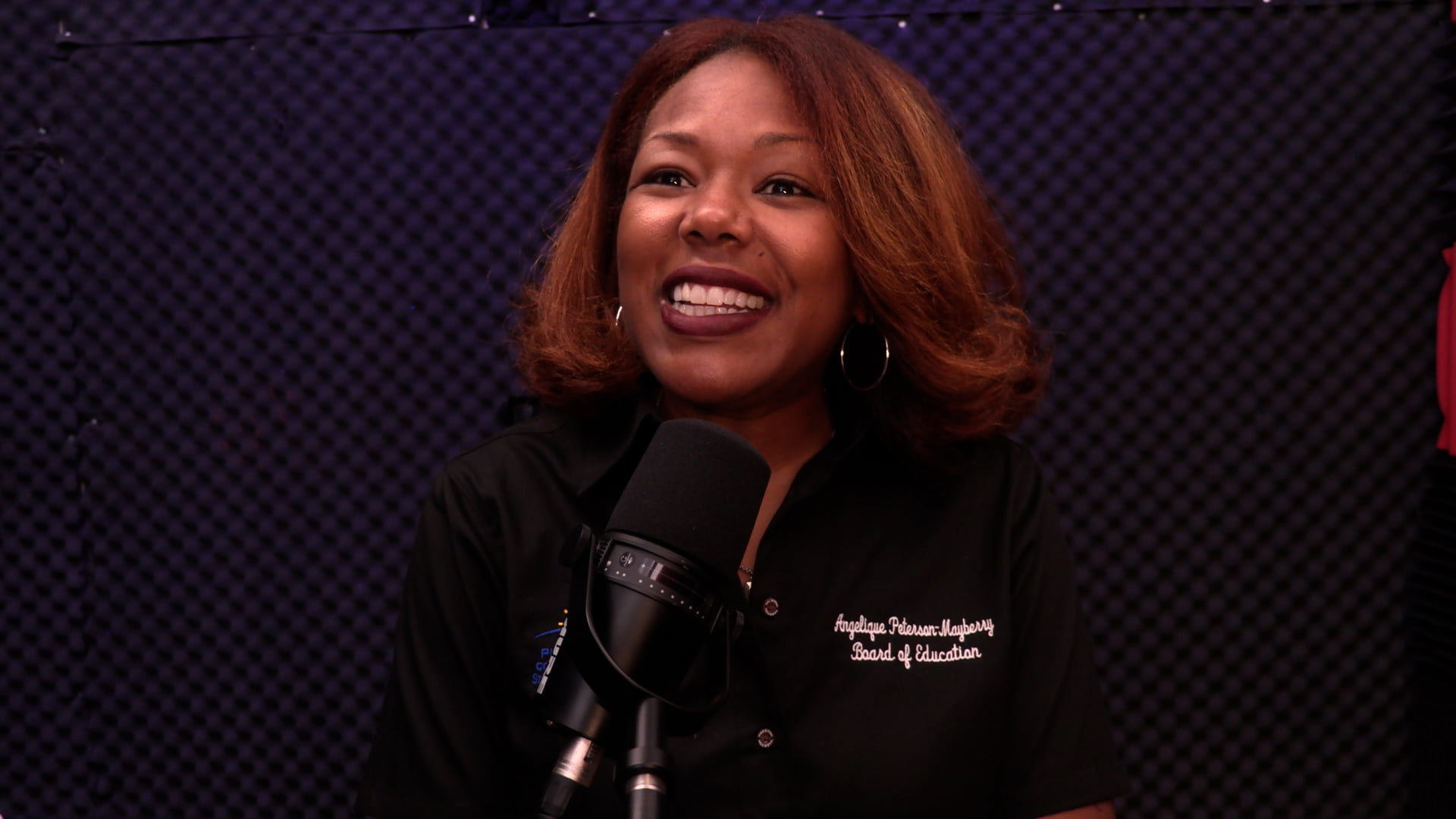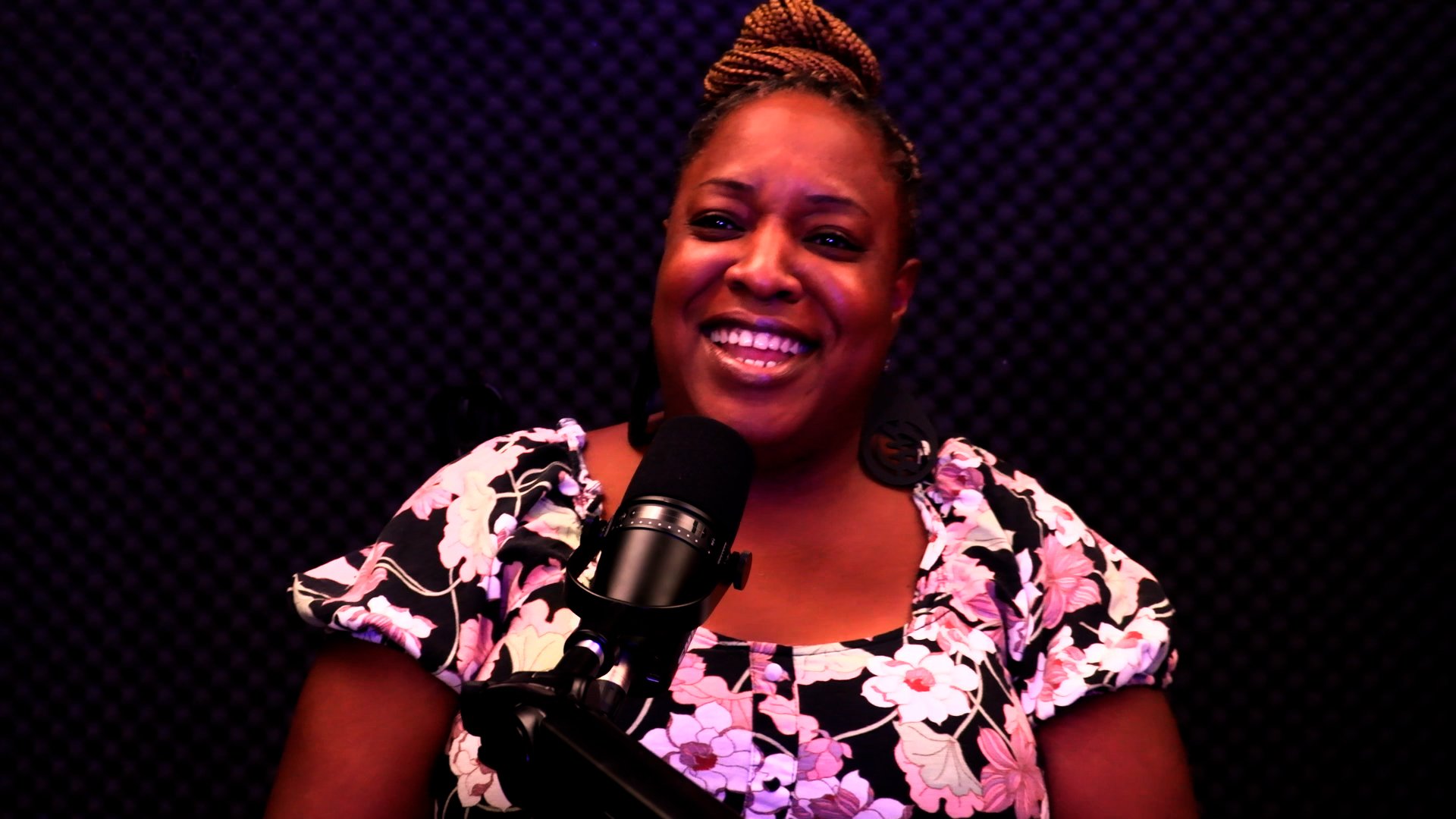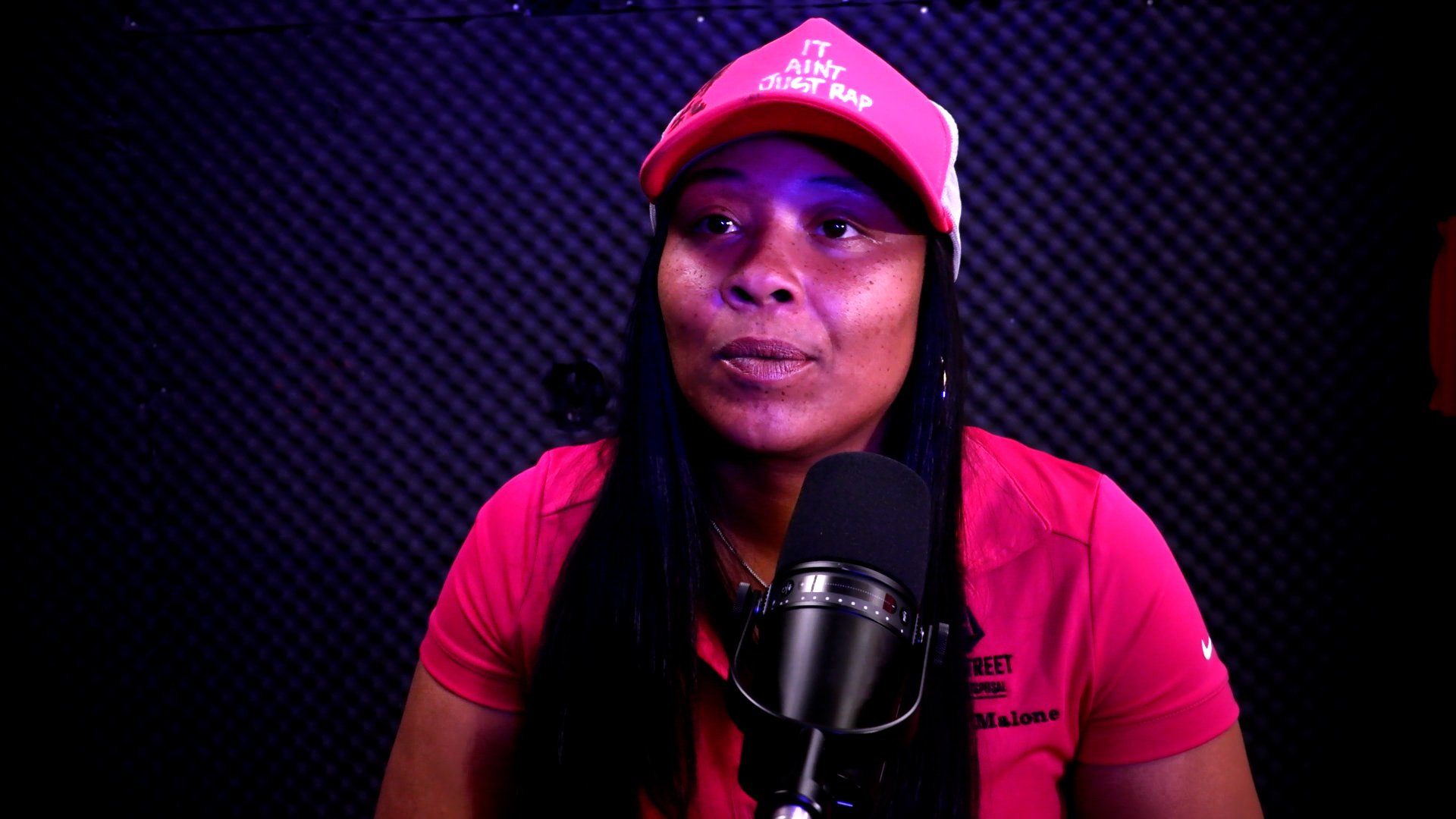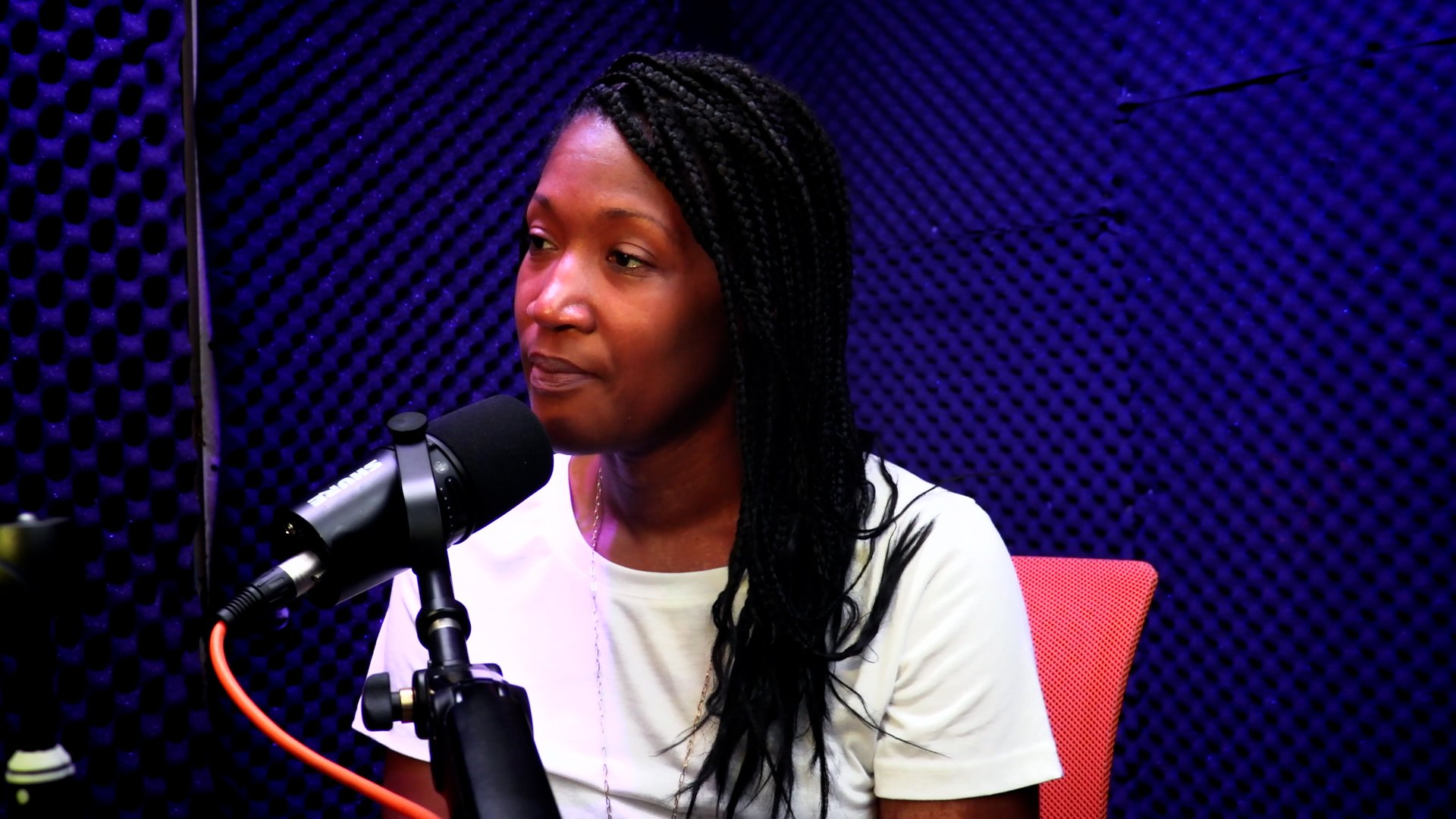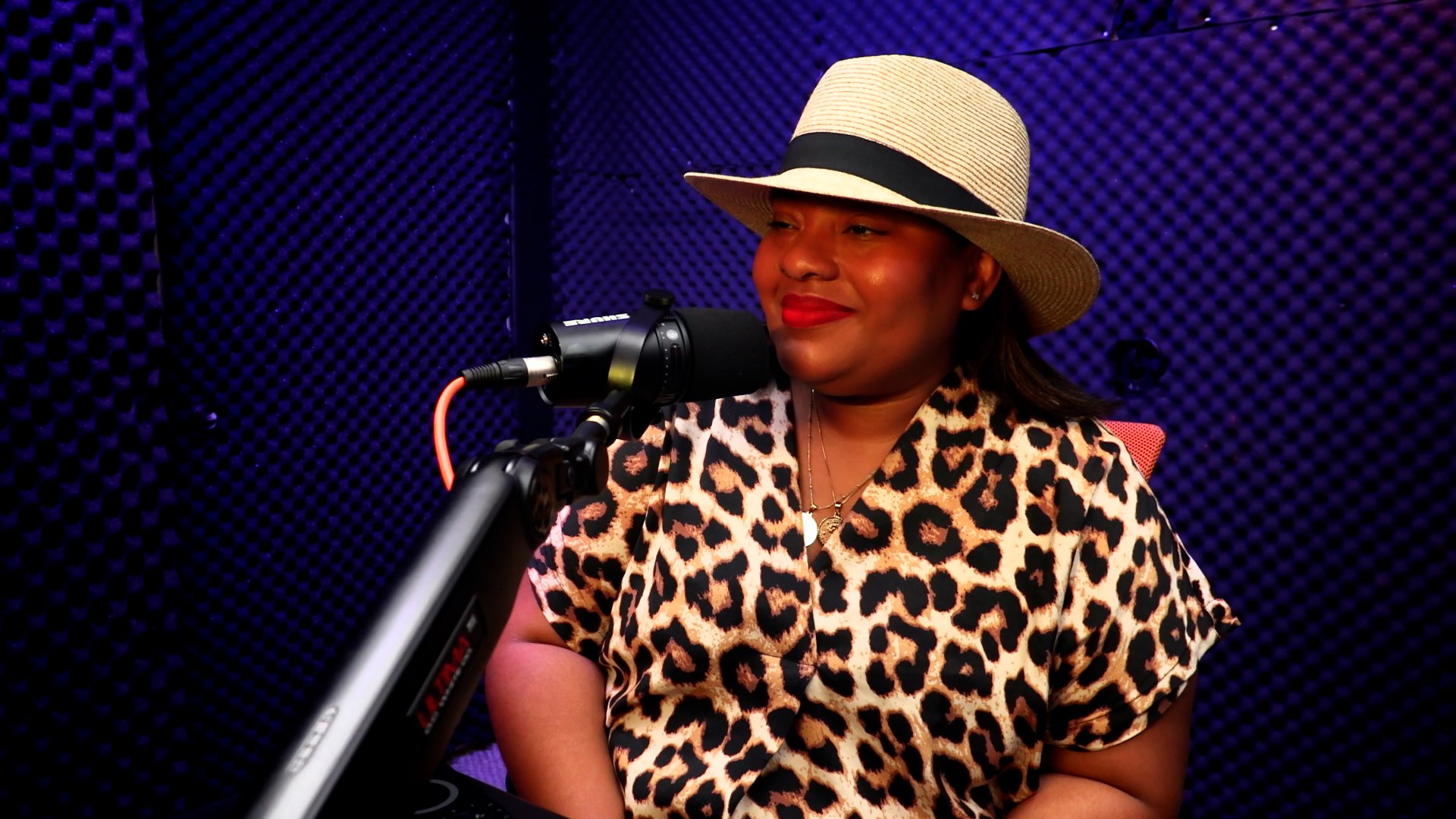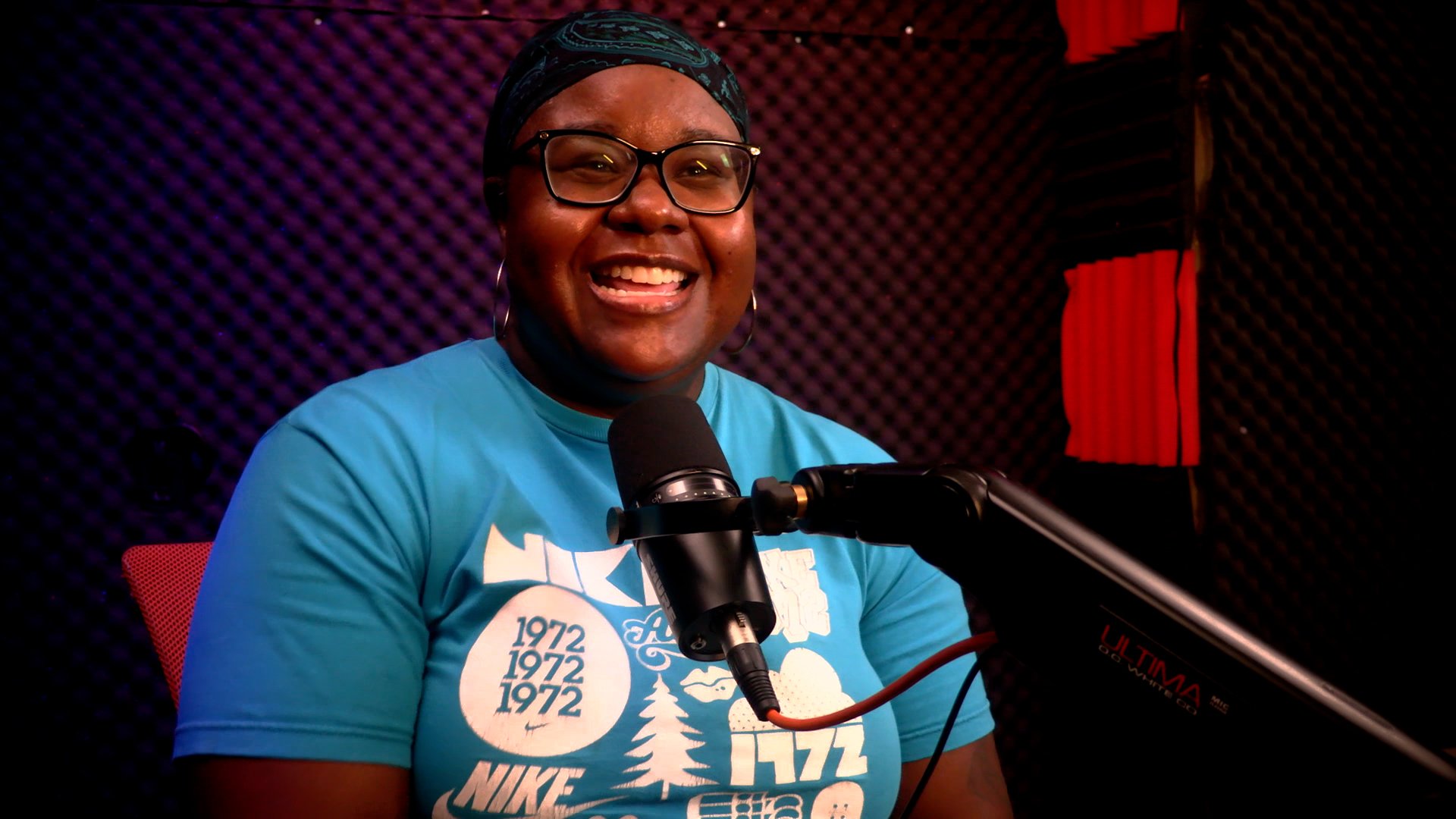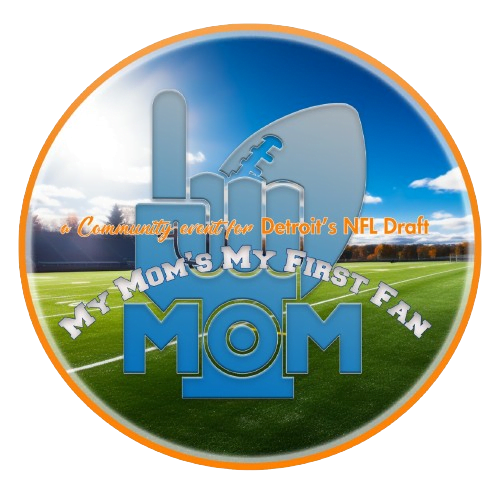Dr. Sebi, Laila Africa, and other Natural Healers all worked with Dr. Jesse Brown
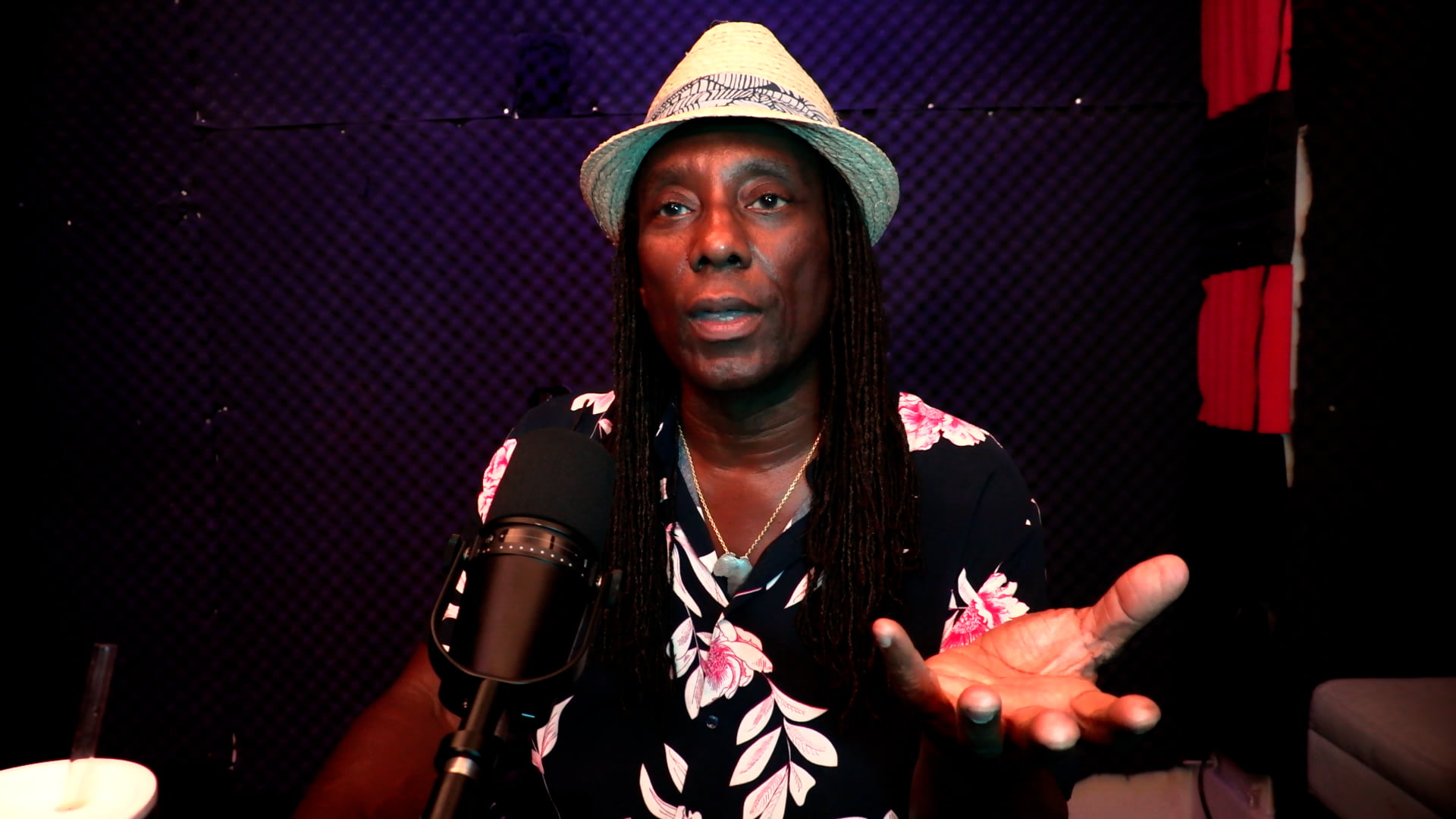
In 1987 the Detroit Wholistic Center launched on Dexter and Clairmount. Dr. Jesse Brown opens up about how he saw a need for natural healing in our community. For over 30 years, alkaline water, treatments beyond mucous and PH, and so much more were all knowledge provided by Dr. Brown. In this interview, learn more about his healing and natural life methods. Today he leads the Wholistic Training Institute online with classes for those interested in the wisdom of natural self-care.

